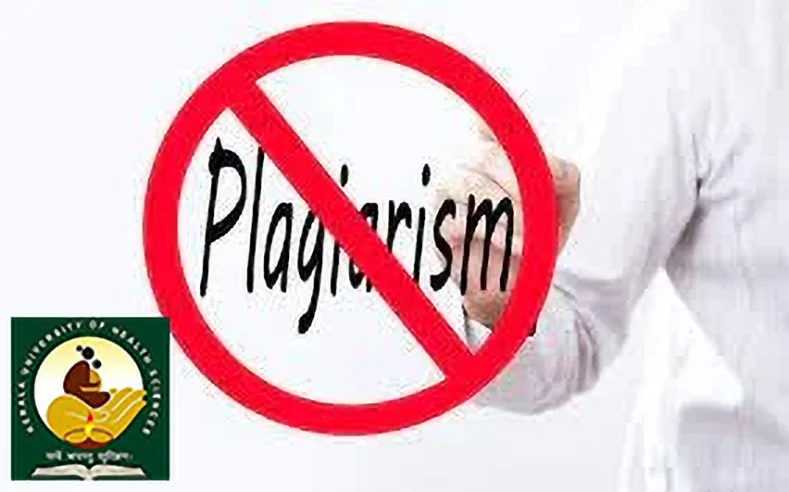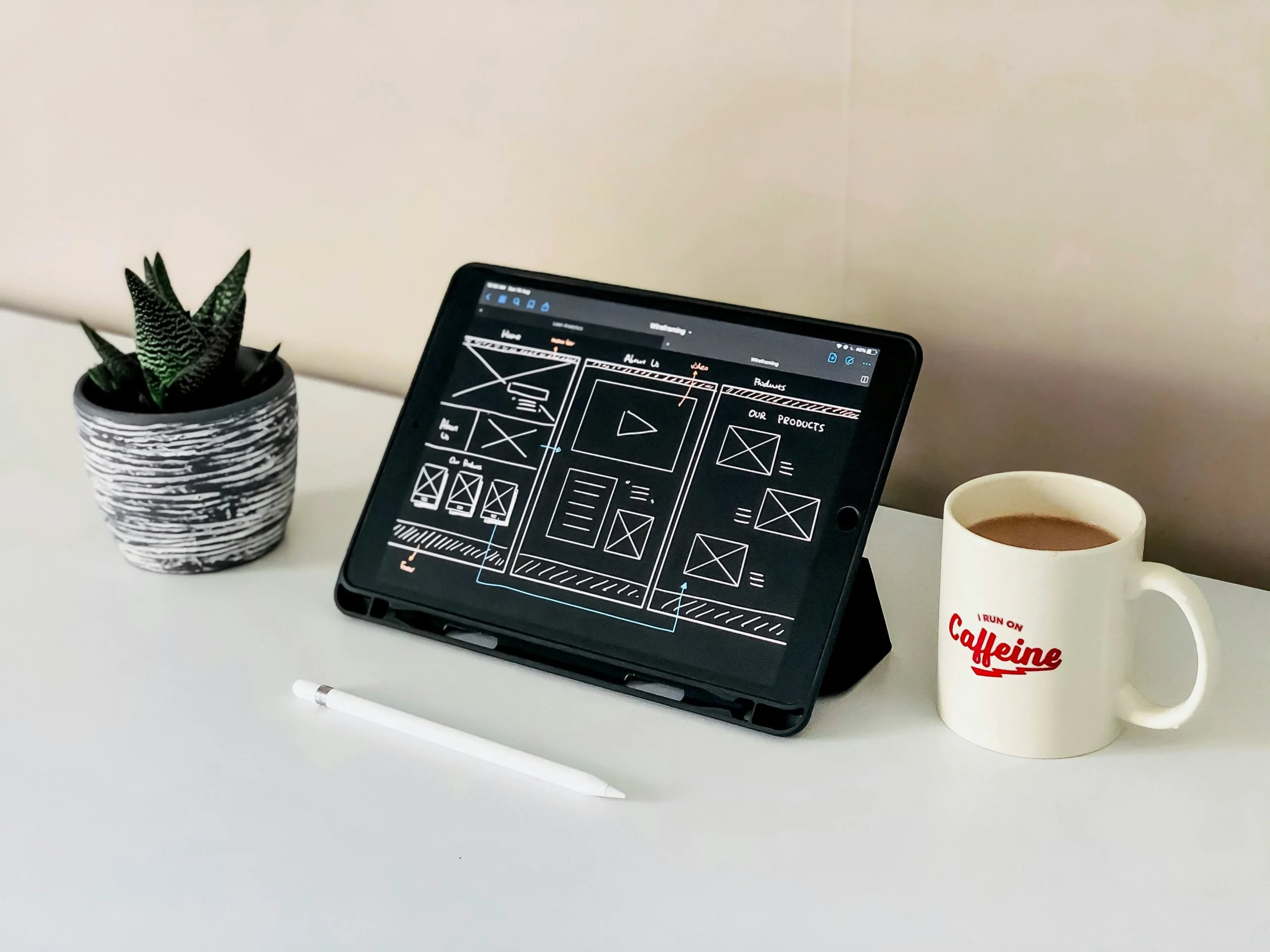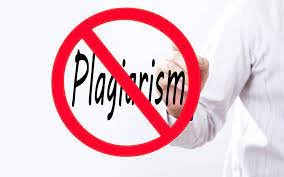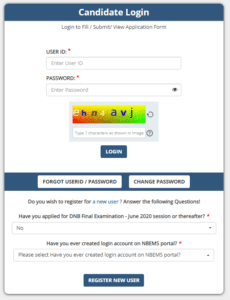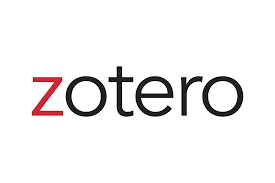When it comes to building a website, there are various types to consider, each serving a different purpose and catering to specific needs. Whether you’re a business owner looking to establish an online presence or an individual wanting to showcase your portfolio, understanding the different types of websites available can help you make an informed decision. Additionally, it’s essential to have a clear understanding of the associated costs involved in creating a website. In this article, we will explore the different types of websites and provide insights into their respective costs.
Table of Contents
Toggle1. Personal Websites
Personal websites are primarily used to showcase an individual’s skills, portfolio, or blog. These websites are ideal for freelancers, artists, writers, and professionals who want to establish an online presence. The cost of a personal website can vary depending on the complexity of the design and the features required. On average, a basic personal website can cost between $500 to $2,000, while a more advanced website with custom functionalities can range from $2,000 to $10,000 or more.
2. Business Websites
Business websites are designed for companies and organizations to promote their products or services. These websites often include features such as e-commerce functionality, contact forms, and integration with social media platforms. The cost of a business website can vary significantly depending on the size of the business and its specific requirements. On average, a small business website can cost between $2,000 to $10,000, while larger and more complex websites can range from $10,000 to $50,000 or more.
3. E-commerce Websites
E-commerce websites are specifically designed for online retail businesses. These websites enable businesses to sell products or services directly to customers through an online platform. The cost of an e-commerce website depends on factors such as the number of products, payment gateway integration, and additional features like inventory management and customer reviews. On average, a basic e-commerce website can cost between $5,000 to $20,000, while more complex websites with advanced functionalities can range from $20,000 to $100,000 or more.
4. Portfolio Websites
Portfolio websites are ideal for creative professionals such as photographers, designers, and artists who want to showcase their work. These websites typically focus on visual elements and provide an easy way for potential clients or employers to view samples of the individual’s work. The cost of a portfolio website can vary depending on the complexity of the design and the number of features required. On average, a basic portfolio website can cost between $1,000 to $5,000, while a more advanced website with additional functionalities can range from $5,000 to $20,000 or more.
5. Blogging Websites
Blogging websites are designed for individuals or organizations to share their thoughts, ideas, and expertise through written content. These websites often include features such as commenting systems, categories, and tags for easy navigation. The cost of a blogging website can vary depending on the platform used (e.g., WordPress, Squarespace) and the level of customization required. On average, a basic blogging website can cost between $500 to $5,000, while a more advanced website with custom designs and integrations can range from $5,000 to $20,000 or more.
It’s important to note that the costs mentioned above are rough estimates and can vary based on factors such as the complexity of the design, the number of pages, the level of customization, and the expertise of the web developer or agency hired. Additionally, ongoing costs such as domain registration, hosting, and maintenance should also be considered.
When planning to build a website, it’s recommended to consult with web developers or agencies to get accurate cost estimates based on your specific requirements. They can provide insights into the best approach and help you make informed decisions that align with your goals and budget.
In conclusion, understanding the different types of websites and their associated costs is crucial when embarking on a website development project. By considering your specific needs and budget, you can make informed decisions and create a website that effectively serves its purpose.




